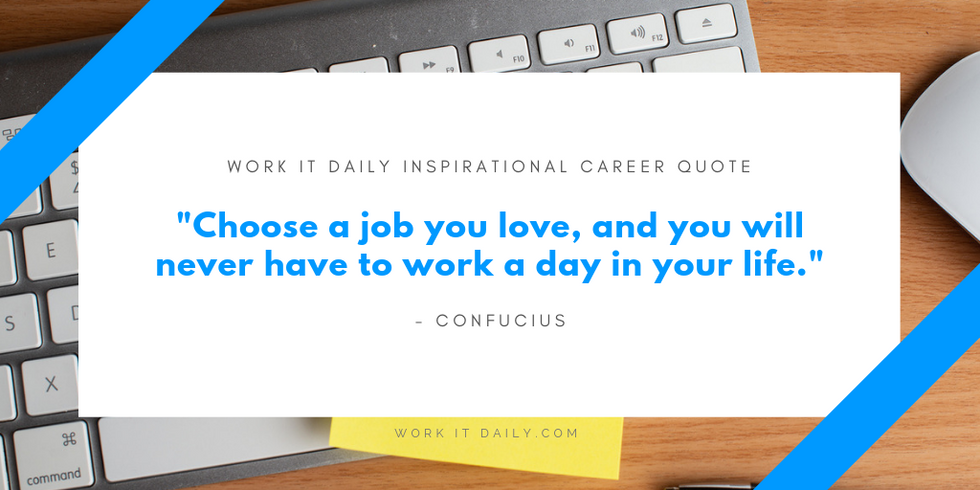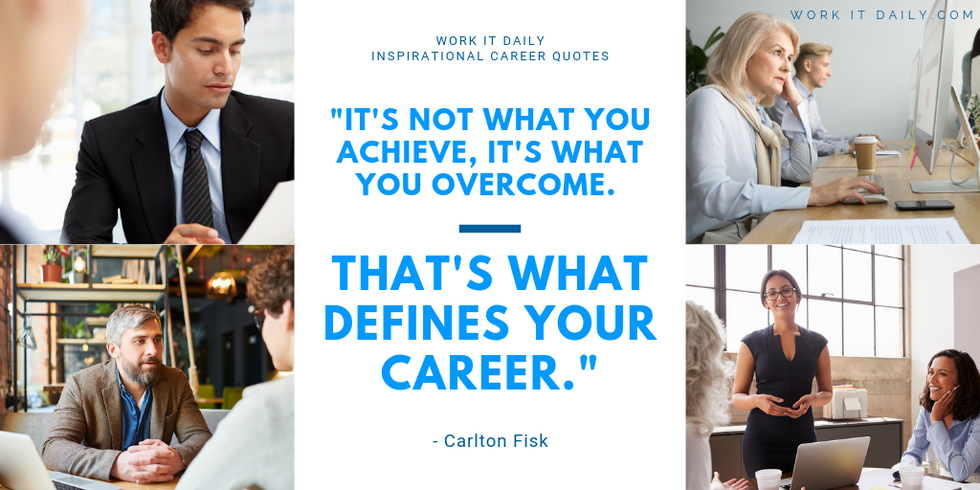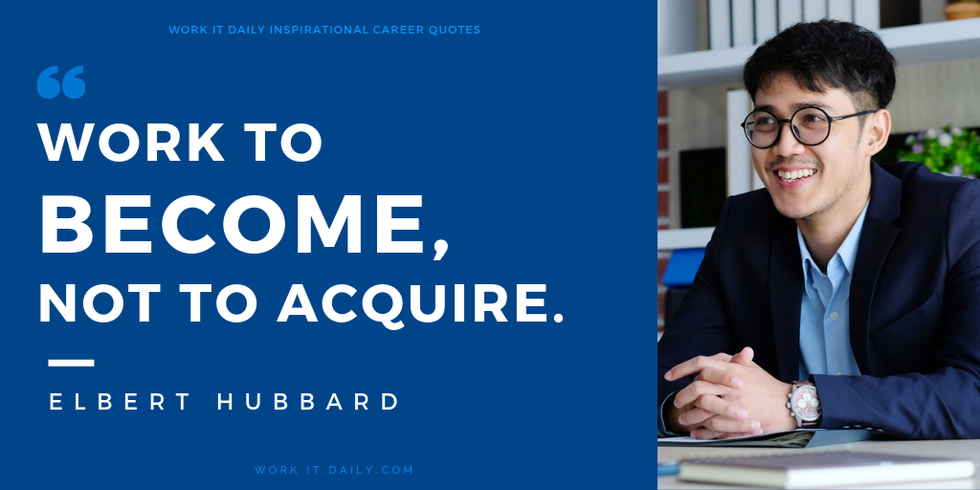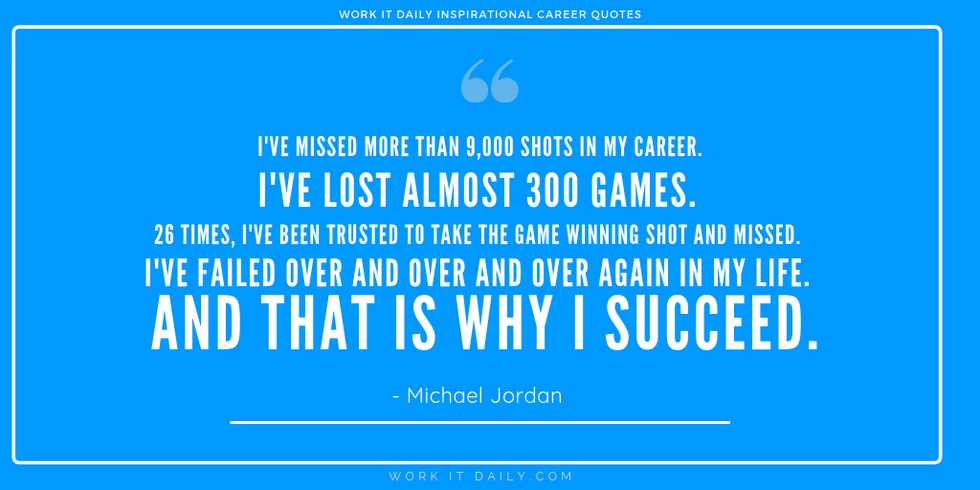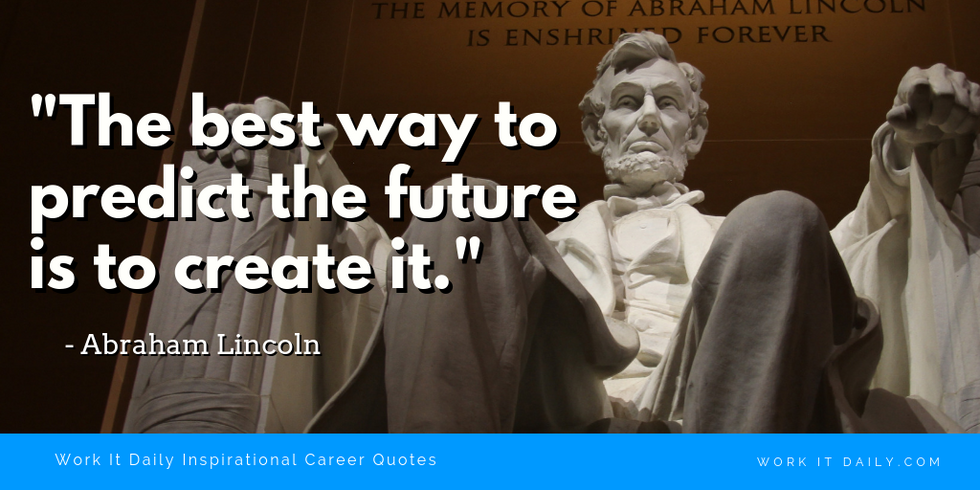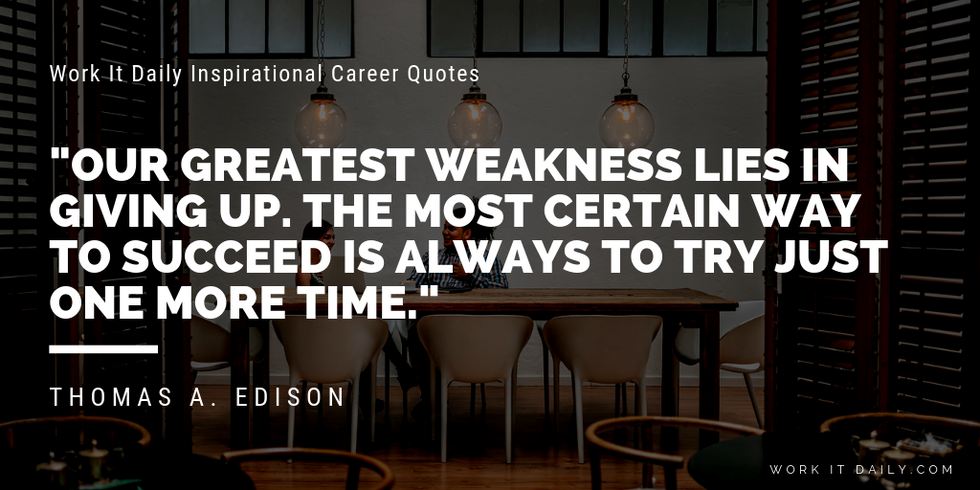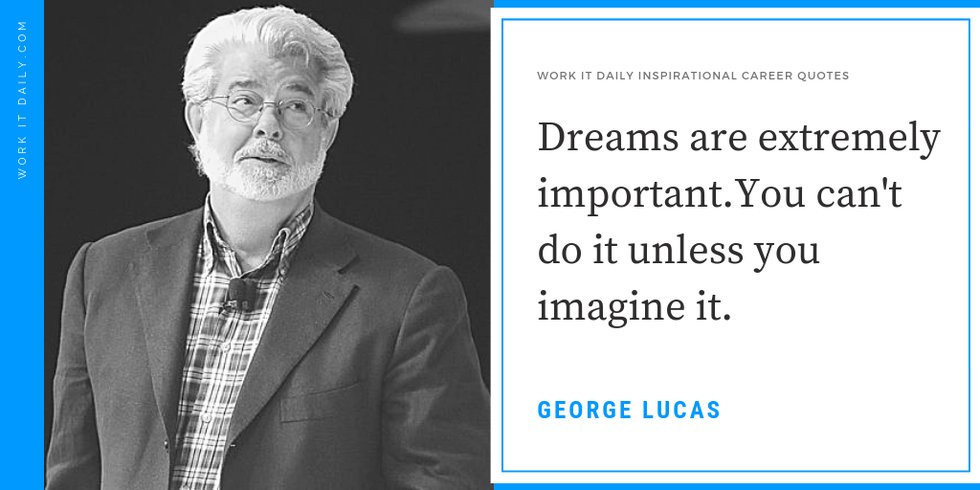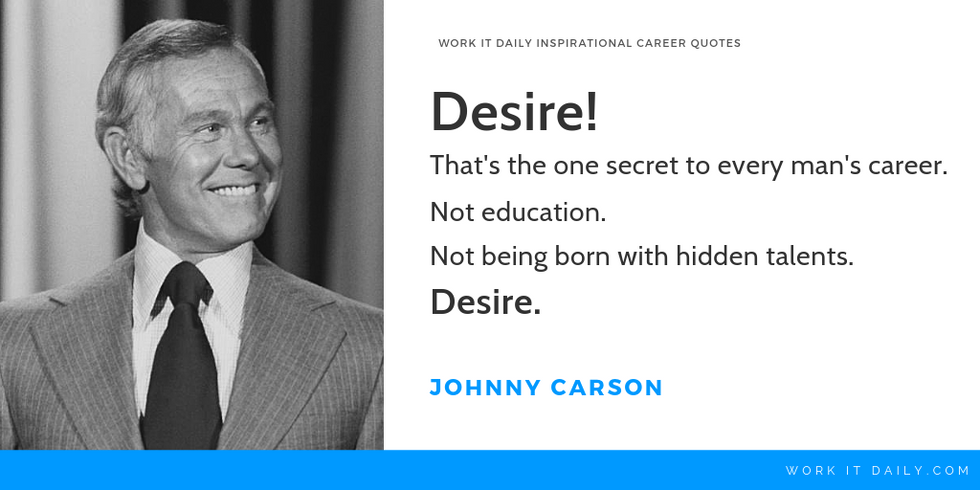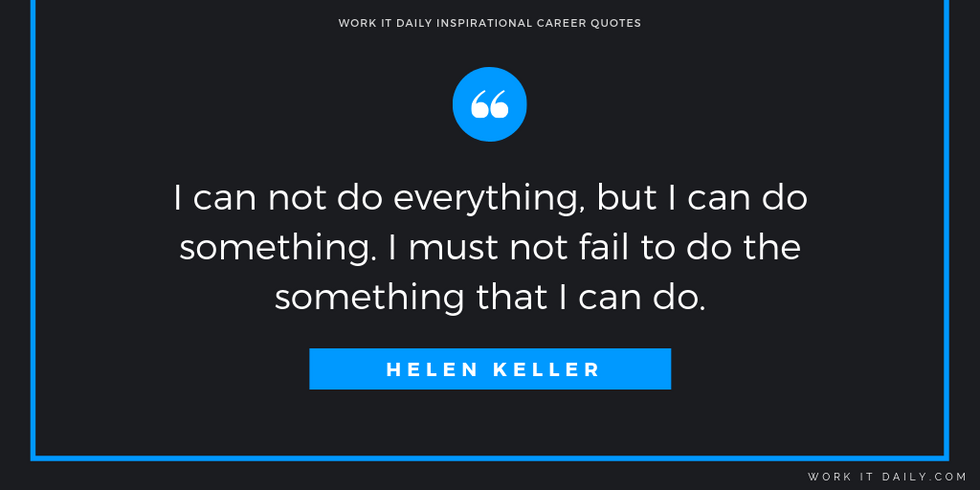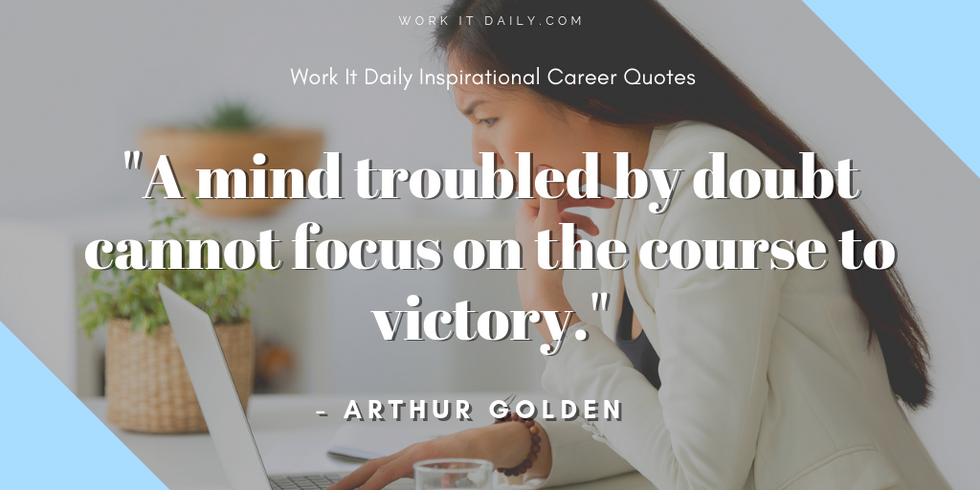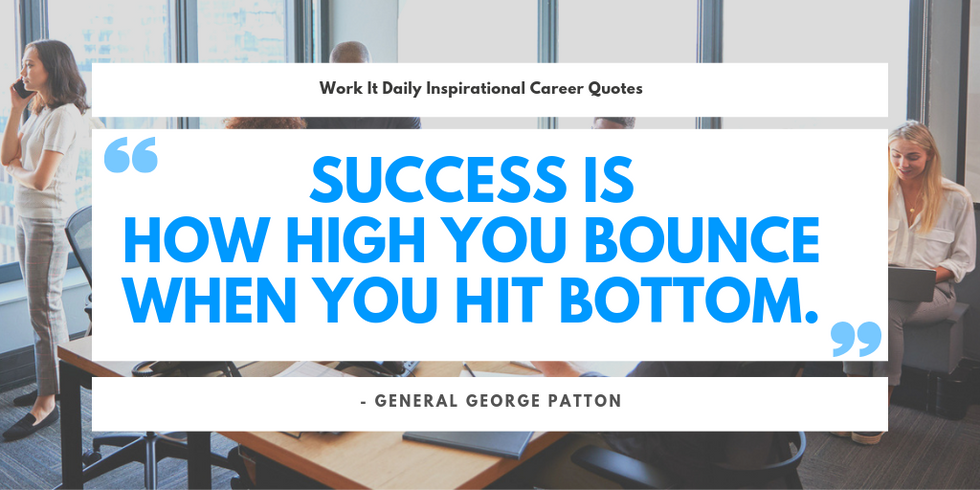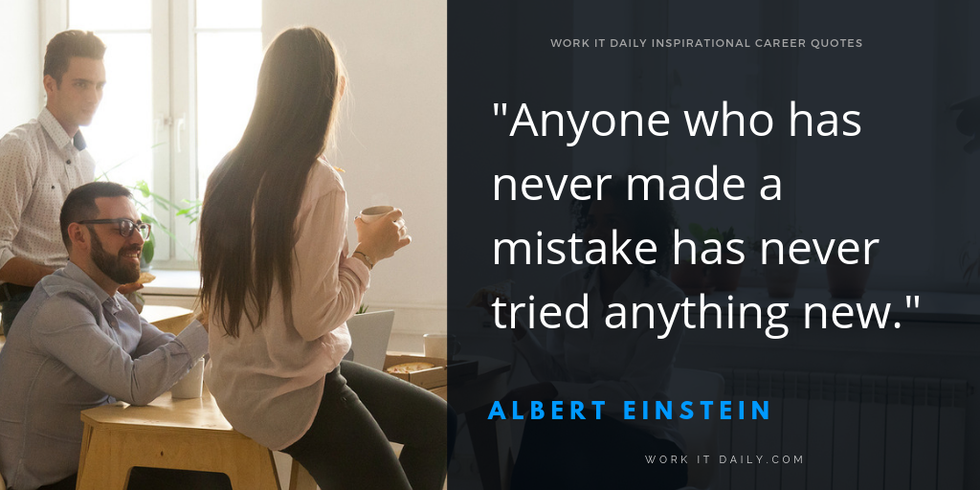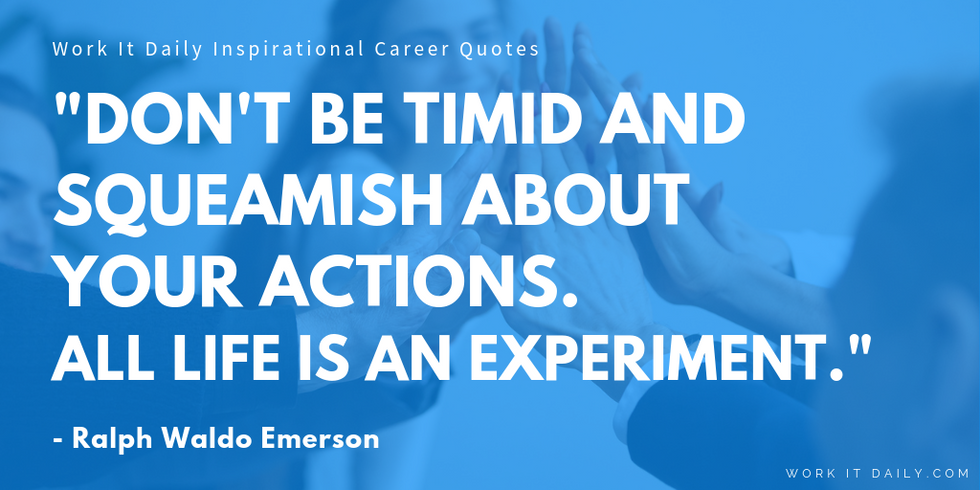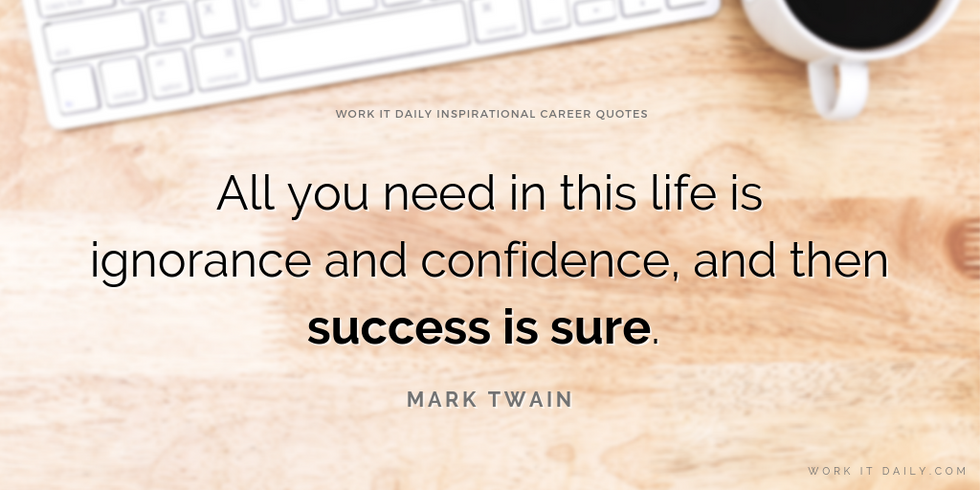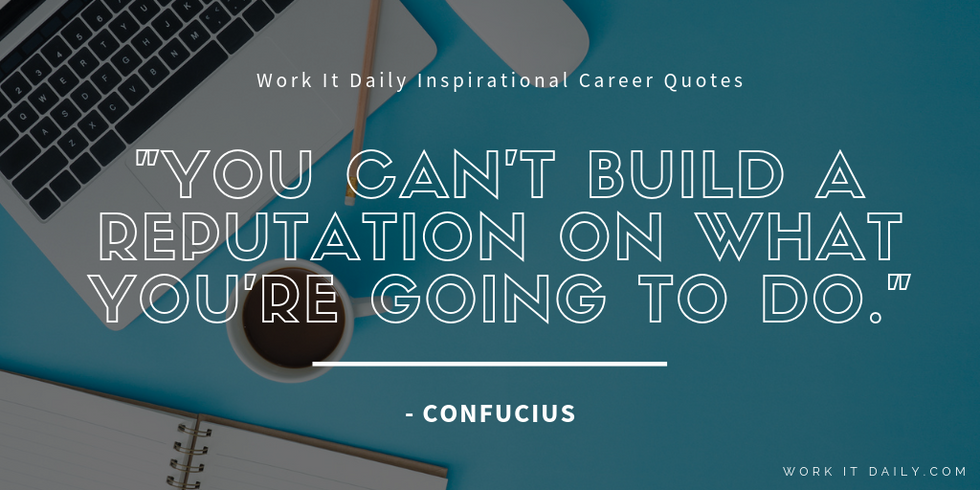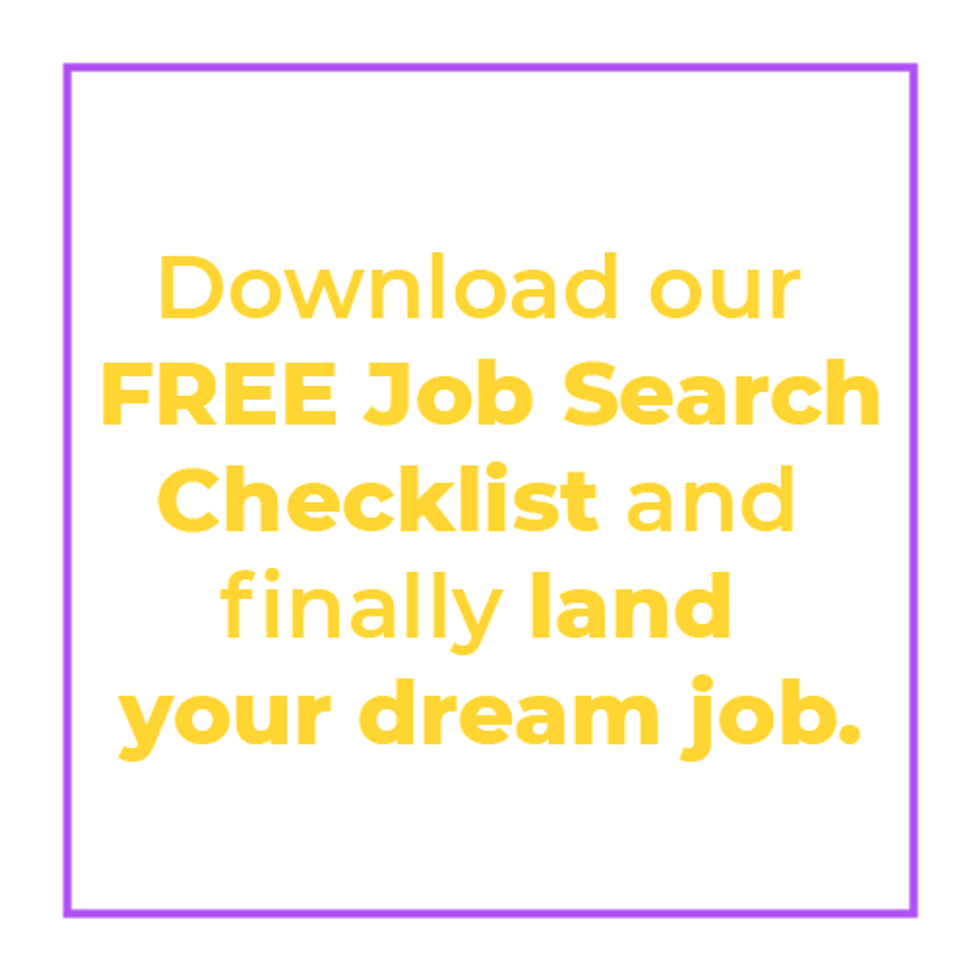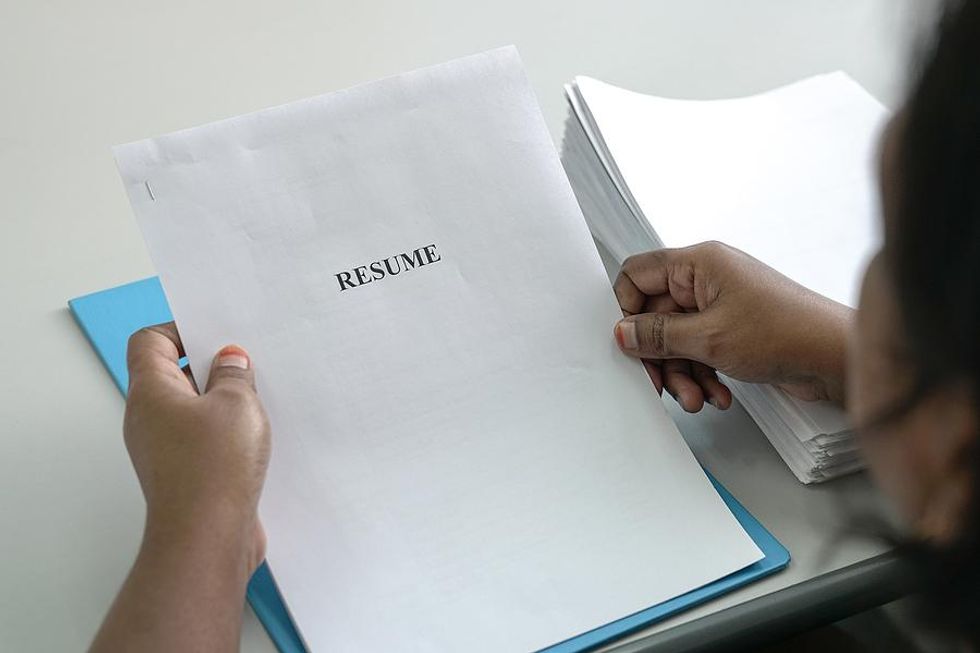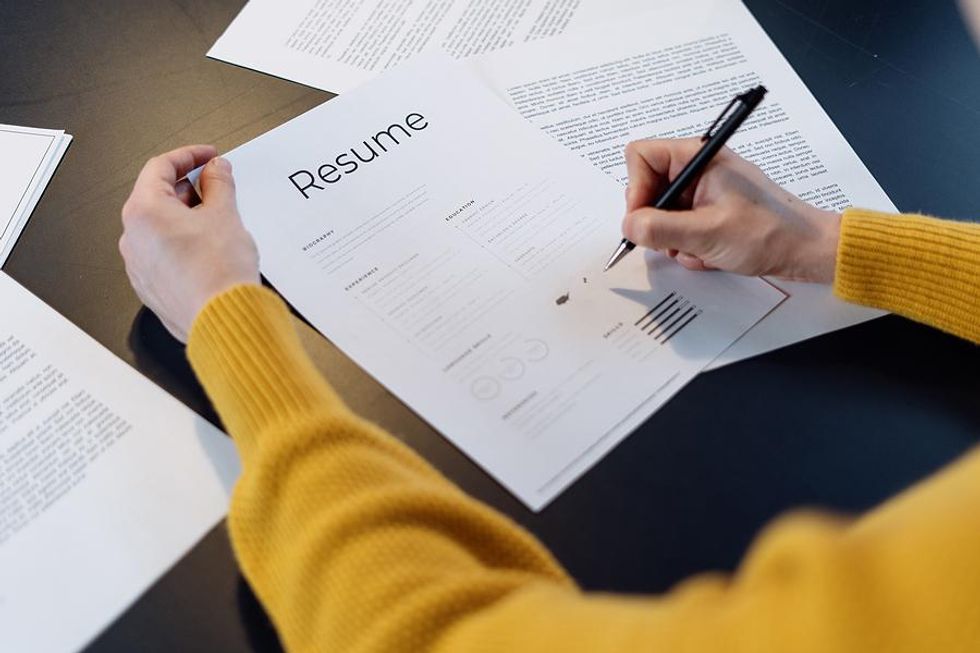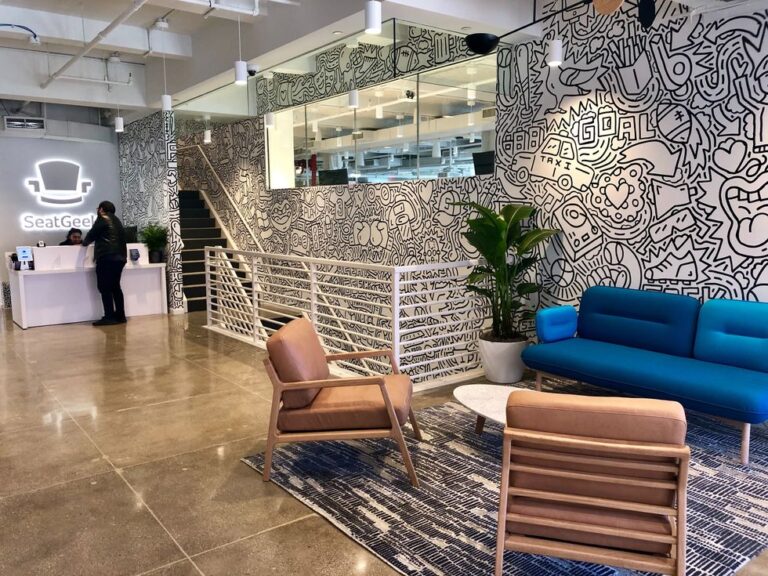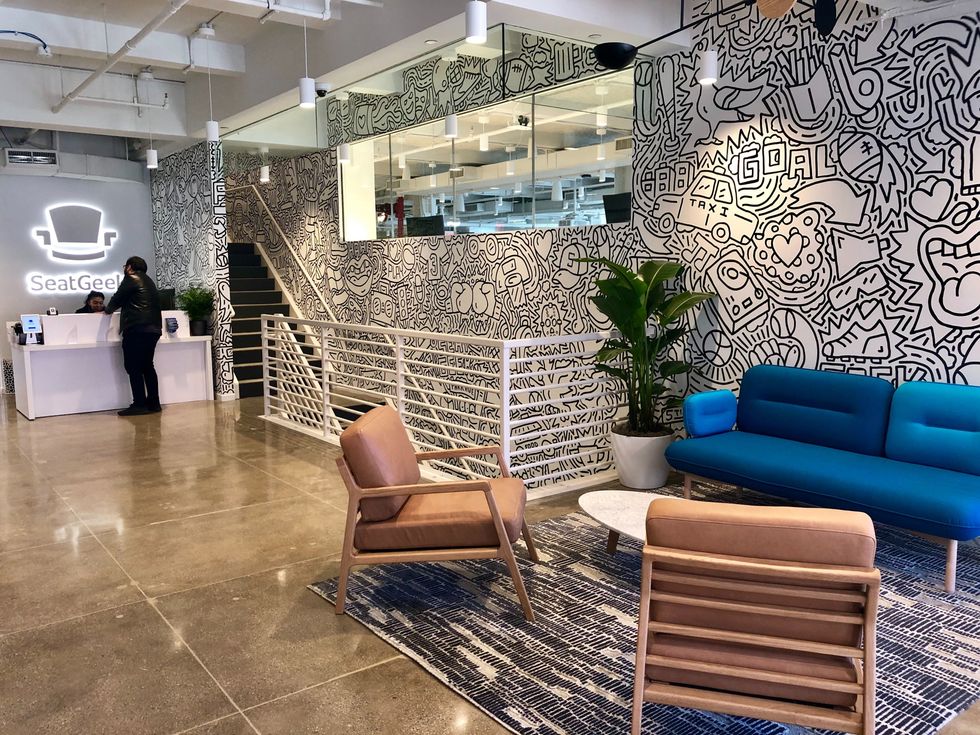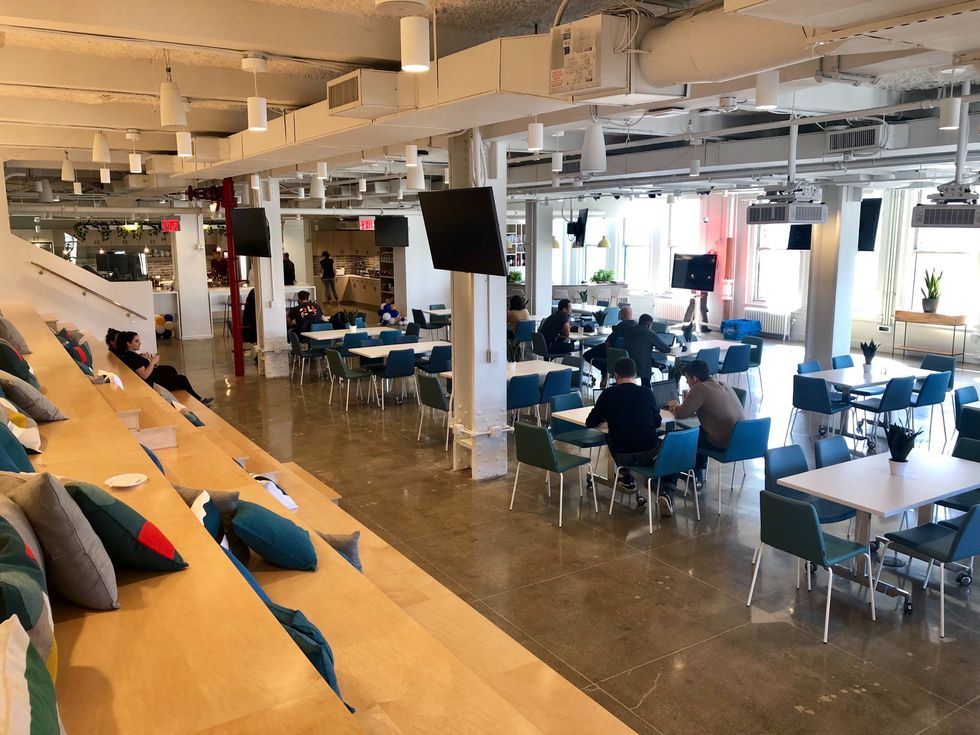LinkedIn Cheat Sheet: 5 Tips For A Professional Profile

Who has time to research LinkedIn? We know you have a busy life, and sometimes there’s just not enough time in the day to scan through articles to get the information you need. That’s why we created the LinkedIn Cheat Sheet! We pulled the best tips, tricks, and advice from our archives and put them all in one place just for you.
Here are five solid LinkedIn tips from our experts:
1. Change The Visibility Of Your LinkedIn Activity
Before you start âtinkeringâ with your LinkedIn profile (or hiring a professional to enhance your profile), please take a minute to do the following:
- From the drop-down menu under your name on the right side of the Home page, choose Settings & Privacy.
- On the left-hand side of the Settings & Privacy page is a column with a section titled “Visibility.”
- Click on this section and scroll down to “Visibility of your LinkedIn activity.”
- Turn off any visibility options for the activity you’d like to hide
When you are finished tinkering, go back and turn on the visibility of your activity, if you so choose. Itâs that simple!
(Original article: “Pay Attention To Your LinkedIn Settings“)
2. Endorse Your Connections

Every Monday, take 10 minutes out of your morning to pay it forward by endorsing 10 people in your LinkedIn network. Imagine how you would feel if in your inbox on a Monday (aka the day of the week when even the most cheerful people struggle to get going), you found endorsements of your skill sets from your peers.
(Original article: “Quick Tip: Monday Is The Day For LinkedIn Endorsements“)
3. Get Recommendations… Lots Of ‘Em

Recommendations are essential to you. Seek them proactively and seek them passively. Proactive recommendation seeking involves reaching out and asking someone to recommend you. Passive recommendation seeking involves recommending someone, at which point LinkedIn asks them to recommend you back. The latter is actually a bit more effective.
(Original article: “10 Things To Immediately Do On LinkedIn“)
4. Choose An Appropriate Photo

The following 11 tips will help you pick the right photo for your LinkedIn, Gmail, and other online accounts:
- Donât use an old photo. There are few things worse than meeting someone for the first time and not recognizing them because the profile photo is from 10 years ago (or longer)!
- Use a photo of YOU in your profileânot an object.
- Smile! Your face should radiate warmth and approachability.
- Photos should be professionally done, if possible (but no glamour shots).
- Wear your most complementary color. Bright colors can attract attention, but avoid patterns.
- Donât have other people in your photos (and donât crop other people out of your shotâthere should not be any errant body parts in your online photo!).
- Make sure the background in the photo isnât distracting.
- Relax. Look directly at the camera.
- Take multiple shots and ask people for their opinion on which one makes you seem most âapproachable.â
Tips for men: Wear a dark blue or black dress shirt. No t-shirts, Hawaiian shirts, or busy/crazy patterns.
Tips for women: Wear something you feel comfortable in. No t-shirts or big/busy patterns. Soft, dark v-necks look great. Black always works; avoid white.
(Original article: “11 Tips For Choosing Your LinkedIn Photo“)
5. Give Your Professional Headline A Boost

Use the â|â (vertical bar) to divide your text and create visual breaks.
Example: Which of the following is easier to read?
Project Manager Specializing in Business Research and Analysis for Major Corporations
OR
Project Manager | Research & Analysis Specialist | Fortune 1000 Business Experience
Obviously, the second one is easier to read and comprehend because of the formatting. The vertical lines separate the data and enable the reader to comprehend what you do better (bonus points if you list hard skills in your headline, separated by the vertical bar, to better optimize your profile so it gets found by recruiters).
(Original article: “LinkedIn Quick Tip: Tweaking Your Professional Headline“)
We know how difficult it can be to optimize your LinkedIn profile the right way. We hope our LinkedIn Cheat Sheet helps you create a professional and well-optimized LinkedIn profile that stands out to recruiters and hiring managers. If you’re still struggling to update your LinkedIn profile, we can help.
We’d love it if you joined our FREE community. Itâs a private, online platform where workers, just like you, are coming together to learn and grow into powerful Workplace Renegades. More importantly, we have tons of resources inside our community that can help you update your LinkedIn profileâthe right way.
It’s time to find work that makes you feel happy, satisfied, and fulfilled. Join our FREE community today to finally become an empowered business-of-one!
This article was originally published at an earlier date.




